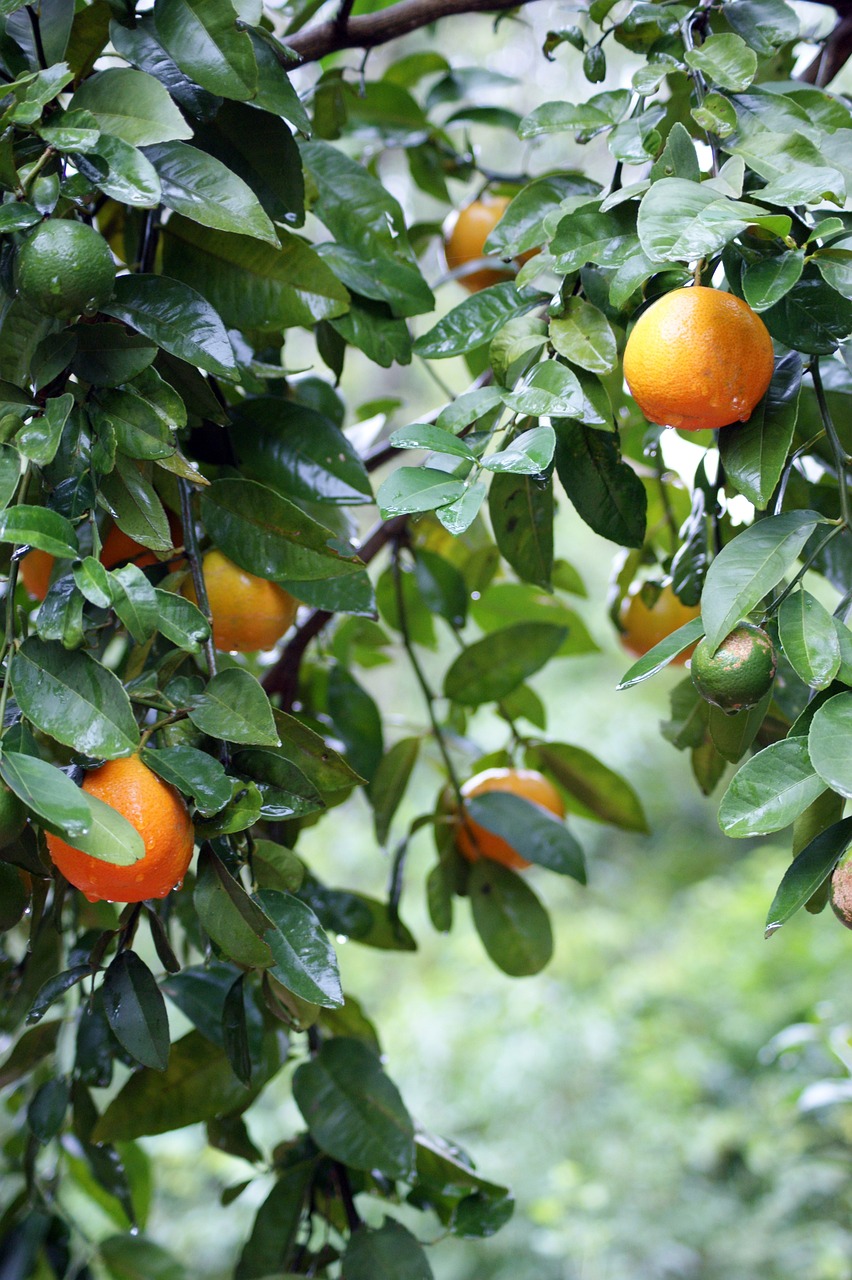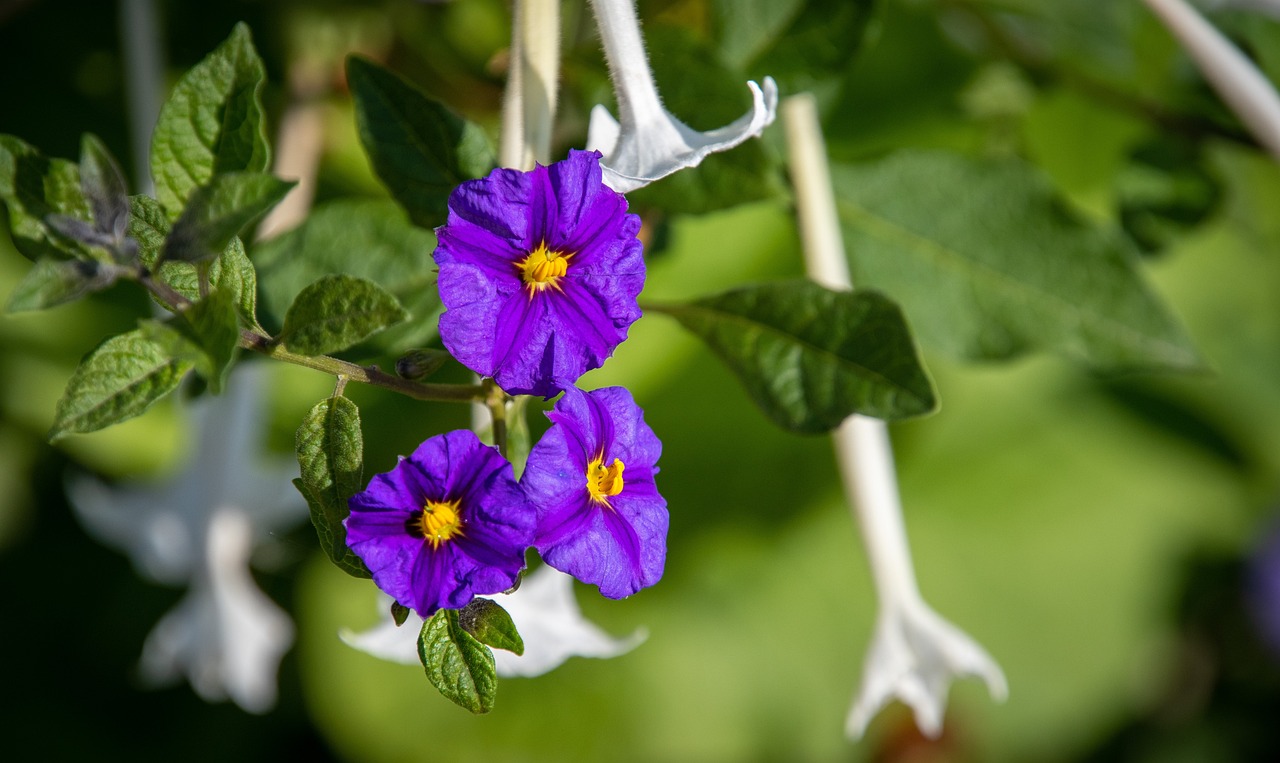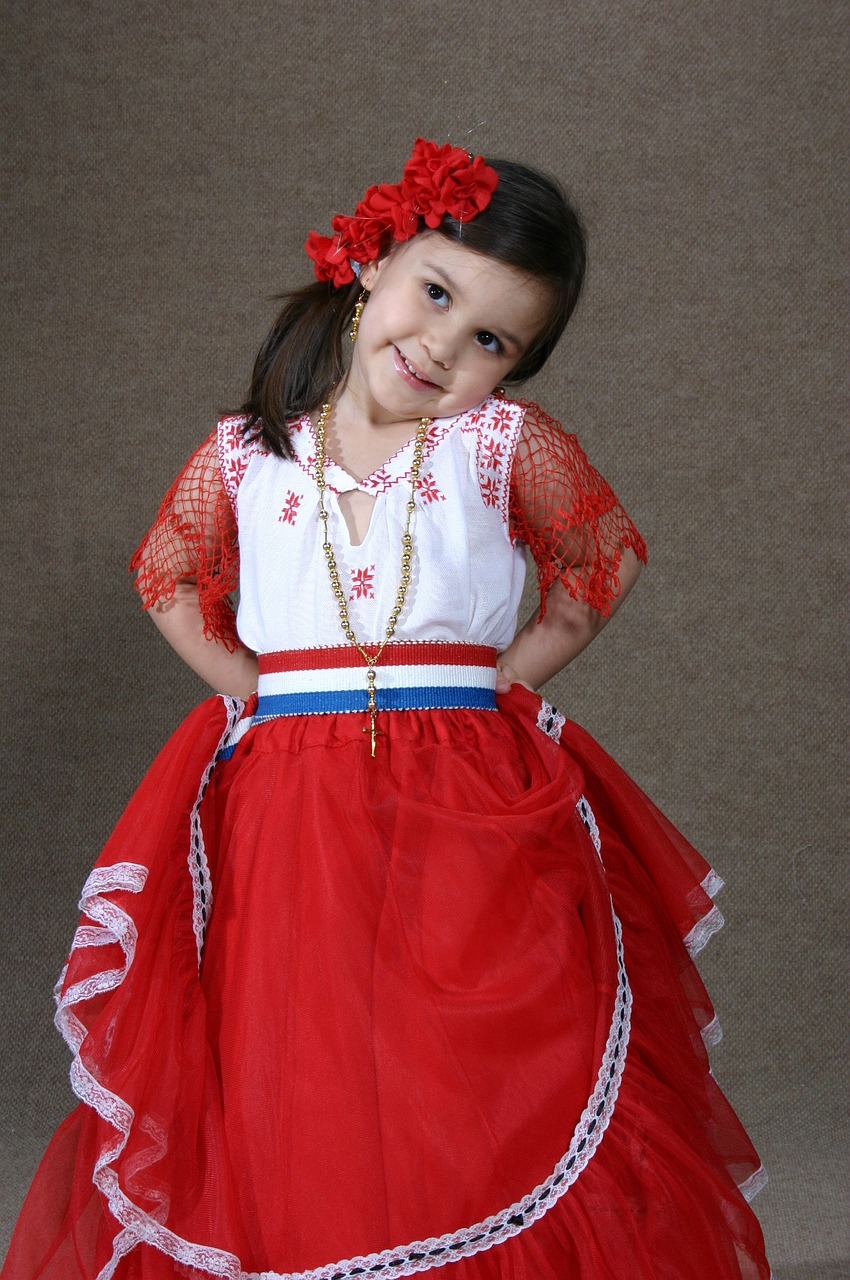Paraguay Video
Cultural Sensitivities: Understanding Local Norms in Paraguay
Paraguay, located in the heart of South America, is a country rich in cultural diversity and traditions. To fully appreciate and respect the local culture, it is essential to understand the cultural sensitivities and norms that shape Paraguayan society. This article aims to provide a comprehensive guide to help visitors navigate through Paraguay’s unique cultural landscape.
Traditional Clothing
Paraguayans take great pride in their traditional clothing, which reflects their indigenous roots and Spanish influences. The traditional clothing for women is called the “typical dress” or “traje típico,” consisting of a colorful blouse, a full skirt, and a shawl. Men often wear a poncho, a wide-brimmed hat, and loose-fitting pants. It is important to respect and appreciate the traditional clothing by refraining from making derogatory comments or treating it as a costume.
- Nanduti Lace: Nanduti lace is a traditional Paraguayan craft that features intricate and delicate lacework. It is highly regarded and often used in clothing, tablecloths, and other decorative items.
- Tereré: Tereré is a traditional Paraguayan drink made with cold water and yerba mate. It is often enjoyed in social gatherings and has a significant cultural importance.
- Guarani Language: The Guarani language is widely spoken in Paraguay and holds official status alongside Spanish. Learning a few basic phrases in Guarani, such as greetings and expressions of gratitude, can go a long way in showing respect and building rapport with the locals.
Religious Customs
Paraguay is predominantly Catholic, and religion plays an essential role in the lives of many Paraguayans. When visiting churches or religious sites, it is important to dress modestly and behave respectfully. Avoid loud conversations or disruptive behavior that may disturb those who are praying or attending religious services.
- Religious Festivals: Paraguayans celebrate various religious festivals throughout the year, such as Holy Week and the Feast of the Immaculate Conception. These festivals often involve processions, music, and traditional dances, providing a unique opportunity to witness and participate in the local religious customs.
- Guarani Spirituality: Alongside Catholicism, many Paraguayans also practice a blend of indigenous spirituality known as Guarani spirituality. This spiritual belief system incorporates elements of nature worship and ancestral reverence.
- Cemeteries: Paraguayans have a unique tradition of visiting cemeteries on specific days, such as All Saints’ Day, to honor and remember their deceased loved ones. It is customary to bring flowers or light candles at the gravesites.
Family Values and Etiquette
Family is at the core of Paraguayan society, and strong family ties are highly valued. When interacting with Paraguayans, it is important to show respect for elders and maintain a polite and courteous demeanor.
- Salutation: When greeting someone, it is customary to offer a handshake and make eye contact. Kissing on the cheek is common among close friends and family members.
- Respecting Elders: Paraguayans have great respect for their elders. It is important to address older individuals with proper titles, such as “Señor” for men and “Señora” for married women.
- Sharing Meals: Paraguayans often share meals as a family or with friends. It is considered impolite to start eating before everyone is seated and the host says “buen provecho” (enjoy your meal).
Food and Dining Etiquette
Paraguay offers a diverse culinary experience, influenced by indigenous, Spanish, and other South American cuisines. When dining in Paraguay, there are certain customs and etiquette to be aware of.
- Asado: Asado, a traditional Paraguayan barbecue, is a popular social gathering. It involves grilling various cuts of meat over an open fire. It is customary to eat with your hands and enjoy the meal at a leisurely pace.
- Mandioca: Mandioca, also known as cassava or yuca, is a staple food in Paraguay. It is often served as a side dish or used in traditional dishes like chipa, a type of cheese bread.
- Yerba Mate: Yerba mate is a traditional herbal tea that holds great cultural significance in Paraguay. When participating in a yerba mate session, it is customary to accept the cup with your right hand and return it after taking a sip.
Art and Crafts
Paraguayan art and crafts showcase the country’s rich cultural heritage. From pottery to woven textiles, there are numerous traditional crafts to explore and appreciate.
- Filigrana: Filigrana is a traditional Paraguayan craft that involves intricate silver filigree work. It is often used to create jewelry and decorative items.
- Ñanduti Lace: Ñanduti lace, mentioned earlier, is a form of traditional Paraguayan lacework. It is often used in clothing, accessories, and home decor.
- Ceramics: Paraguay is known for its vibrant pottery, which showcases unique designs and patterns inspired by indigenous cultures.
Paraguay Image 1:

Festivals and Celebrations
Paraguayans love to celebrate, and the country is known for its vibrant festivals and lively traditions. Attending these festivals provides a deeper understanding of Paraguayan culture.
- Carnaval Encarnaceno: Carnaval Encarnaceno is one of Paraguay’s most famous festivals, celebrated in the city of Encarnación. It features colorful parades, music, dancing, and elaborate costumes.
- Independence Day: Paraguay celebrates its Independence Day on May 14th. Festivities include patriotic parades, fireworks, and cultural events.
- San Blas Festival: The San Blas Festival, held in the town of Nueva Colombia, celebrates the patron saint of Paraguay. It includes processions, traditional dances, and music.
Paraguay Image 2:

Environmental Considerations
Paraguay boasts a diverse natural landscape, including lush forests, wetlands, and the famous Pantanal region. When visiting these natural wonders, it is crucial to be environmentally conscious and respectful of the fragile ecosystems.
- Deforestation: Paraguay has experienced significant deforestation in recent years. Visitors should support sustainable tourism practices and avoid purchasing products made from endangered wood species.
- Wetland Conservation: The wetlands of Paraguay, such as the Pantanal, are home to a wide variety of wildlife. Visitors should adhere to designated paths and avoid disturbing the natural habitats.
- Water Conservation: Paraguay experiences periods of drought, and water conservation is essential. Visitors should be mindful of their water usage and follow any local guidelines or restrictions.
Traditional Music and Dance
Paraguay has a rich musical heritage, with traditional music and dance playing a significant role in cultural celebrations and social gatherings.
- Polka Paraguaya: Polka Paraguaya is a popular traditional dance accompanied by lively music. It involves intricate footwork and colorful costumes.
- Harp Music: The harp holds a special place in Paraguayan music. Harpists often perform traditional melodies that evoke the country’s folklore and traditions.
- Chamamé: Chamamé is a genre of folk music that originated in Paraguay and Argentina. It combines elements of indigenous, African, and European musical traditions.
Paraguay Image 3:

Conclusion
Paraguay’s cultural sensitivities and norms are integral to the country’s identity. By understanding and respecting these cultural aspects, visitors can have a more meaningful and authentic experience. From traditional clothing and religious customs to food, art, and music, Paraguay offers a vibrant tapestry of cultural heritage to explore and appreciate.
References
– www.paraguay.com
– www.itapu.gov.py
– www.senatur.gov.py
– www.museodelbarro.org.py
– www.paraguay.gov.py


